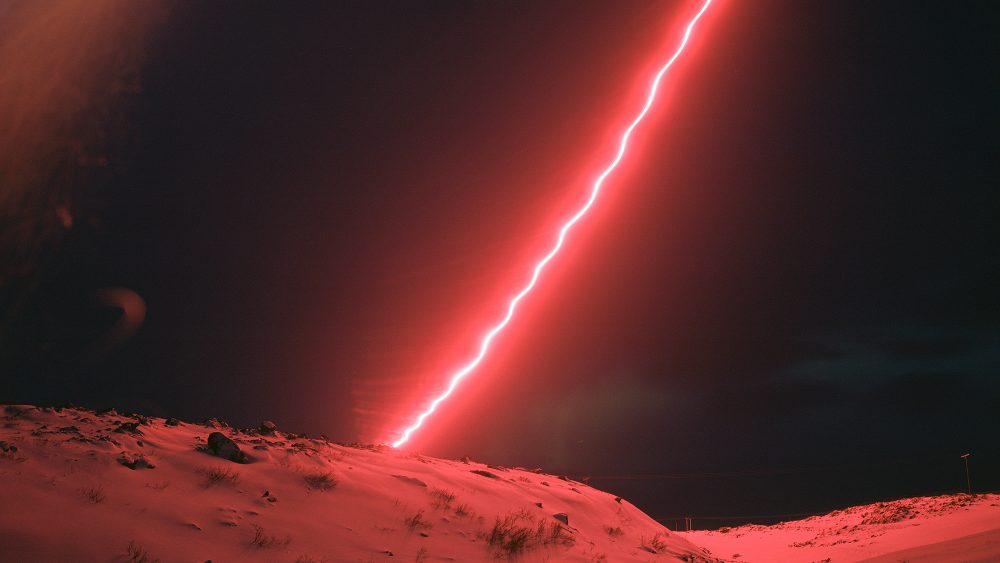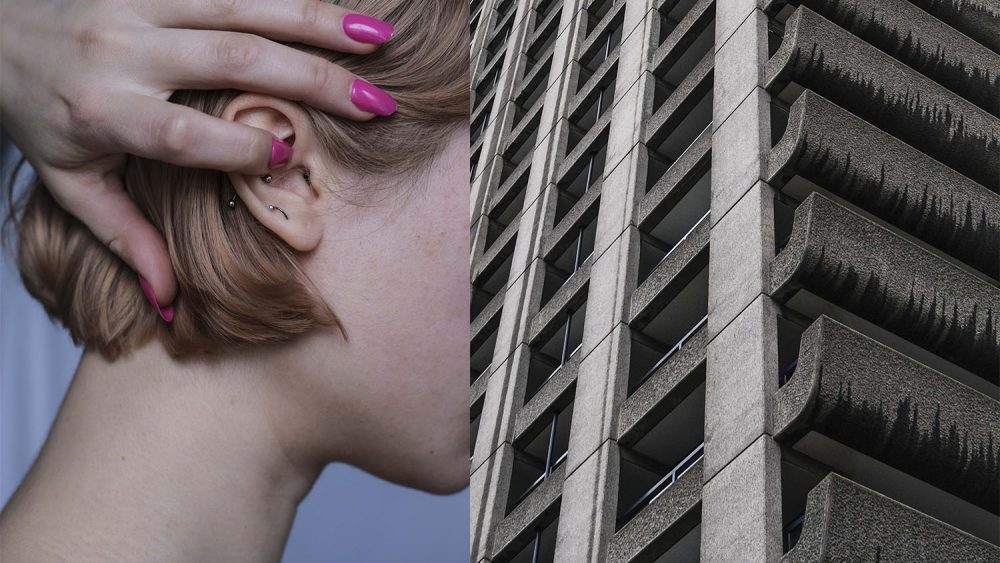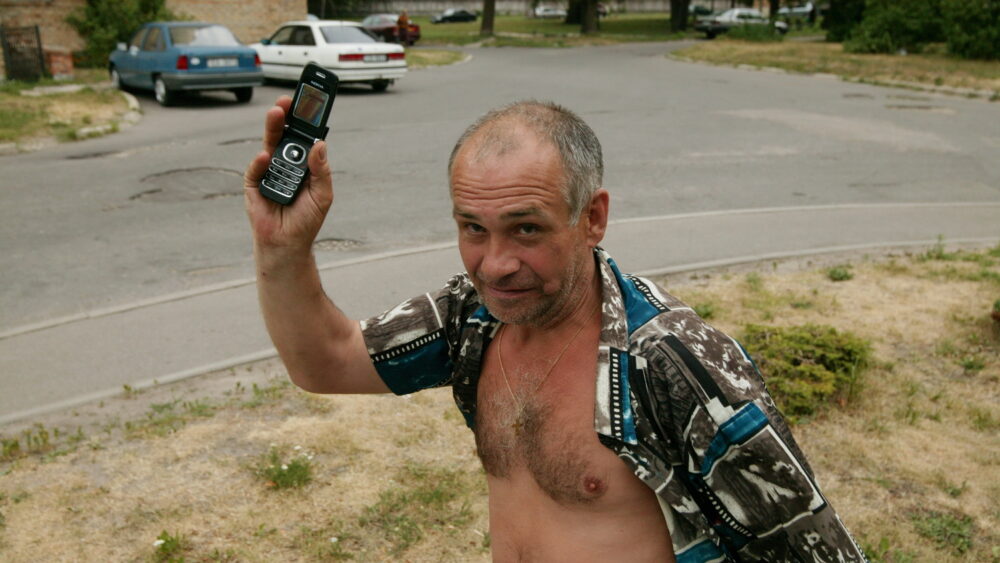Dissociation
Here are recorded the dissociation experiences of various individuals.
***
I experienced dissociation during the time when I received a shocking diagnosis, went through medical examinations, and underwent surgery. Only later did I realise that I had been living in a dissociative state for several months without consciously attempting to enter it. At the time, perhaps it helped preserve the last remnants of inner peace, but over a longer period, I understand that it made survival and acceptance of these experiences even more challenging. A feeling of an unfinished story.
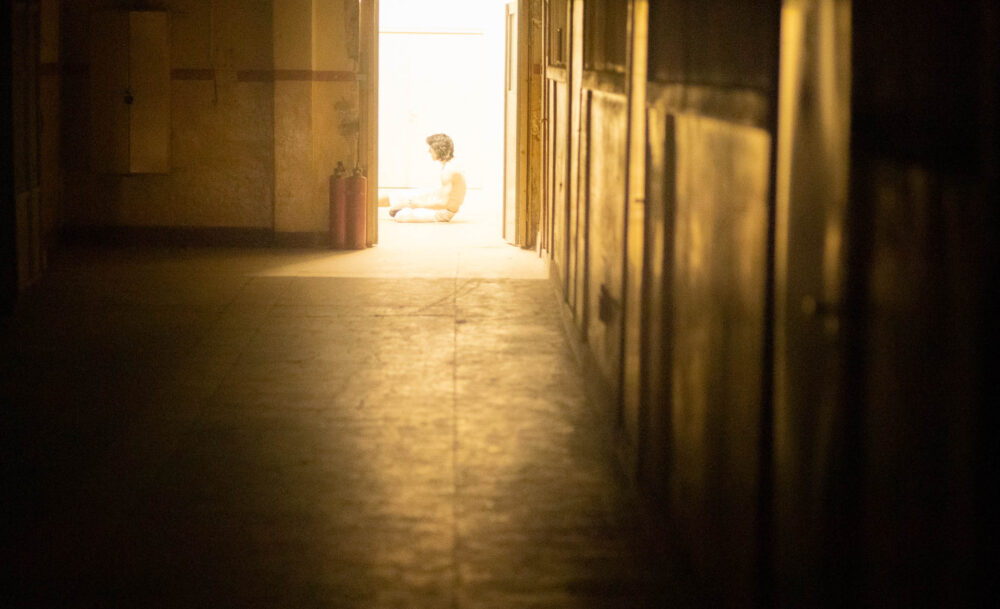
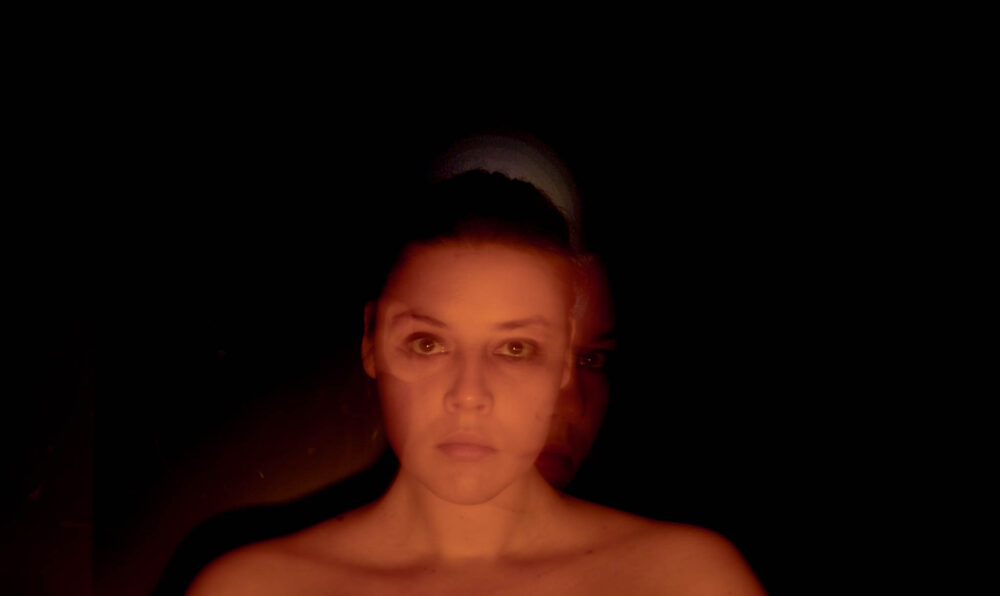
***
When I was 14–15 years old, my father passed away, and it was the first time I had encountered death so closely. During that period, I often began to experience what is known as dissociation. Whenever I wasn’t engaged in some intensive activity, my mind would escape somewhere outside my body. At those moments, it felt as if I was watching myself from behind, standing just behind my own back. I observed my hands and the people around me. It seemed as though I could see my thoughts. The surrounding world felt inaccessible, and instead, I was watching a film of my thoughts with my eyes closed. I felt like I could control what happened in “that reality”: imagining my father walking towards me, our embraces, feeling my arms tire from the “hug,” noticing changes in facial expressions. Every movement felt slowed, and my body seemed less controllable—it was impossible to move quickly in both reality and “that reality.” It felt like being in salty water. Yet at the same time, I wasn’t so much controlling it all as I was observing it. Simultaneously. Usually, at some point, “that reality” would break if someone addressed me in real life.
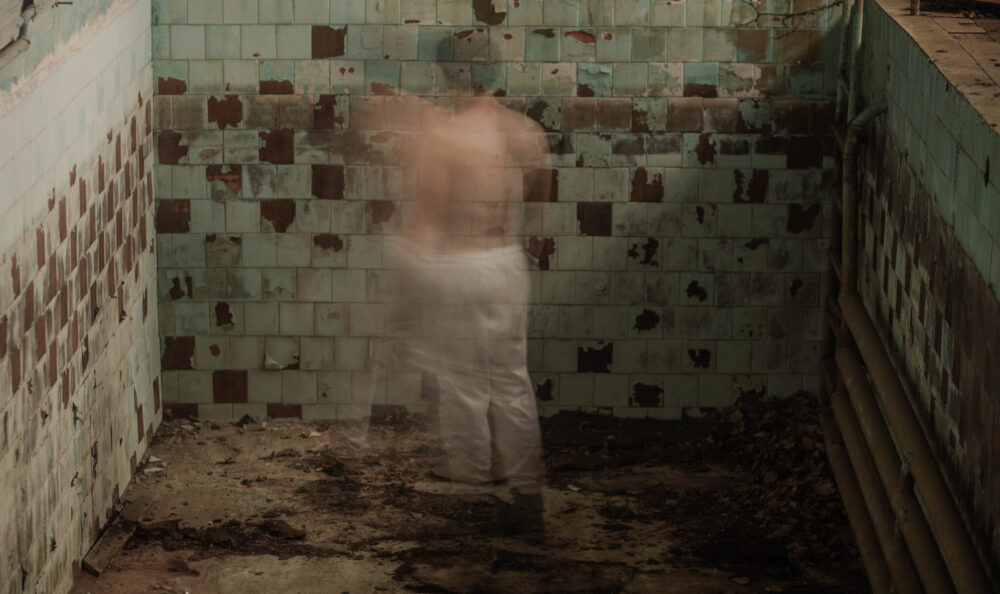
Often, this happened when I was listening to music. I remember one song I listened to on the bus—I couldn’t figure out whether I was travelling “now,” a month earlier, or a month ahead of that time. I saw myself as a thought that had visited me a month before my father’s death.
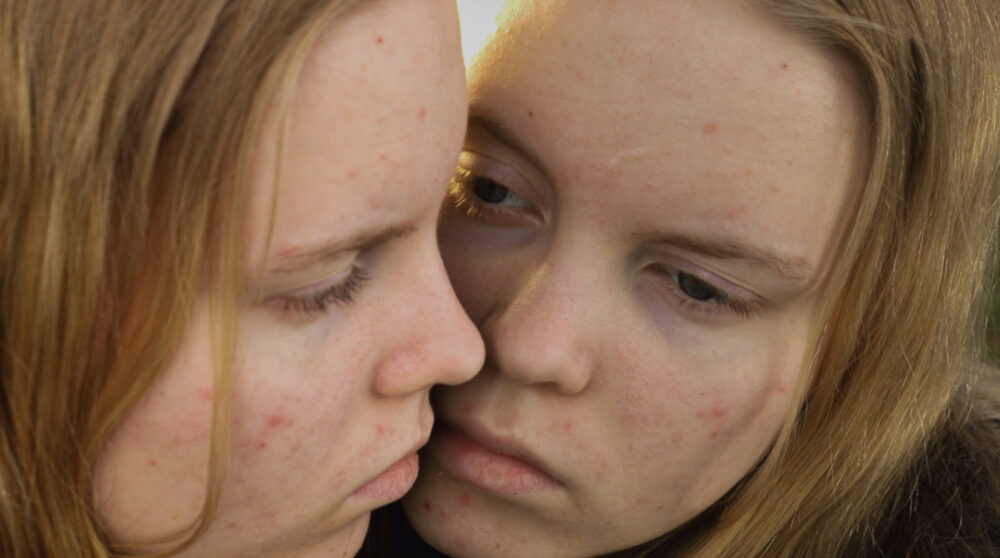
***
In my life, dissociation was a symptom of PTSD. I couldn’t recall my actions, and instead of days or even weeks, dark gaps appeared in my memories. It was like waking up from sleep and realising you’d been on autopilot. Looking back, I understand there was likely immense stress and much more going on at that time, but it essentially ended only when I started seeing a psychotherapist. It was my mind’s way of managing trauma—by throwing me out of my body so I wouldn’t have to feel or process anything.
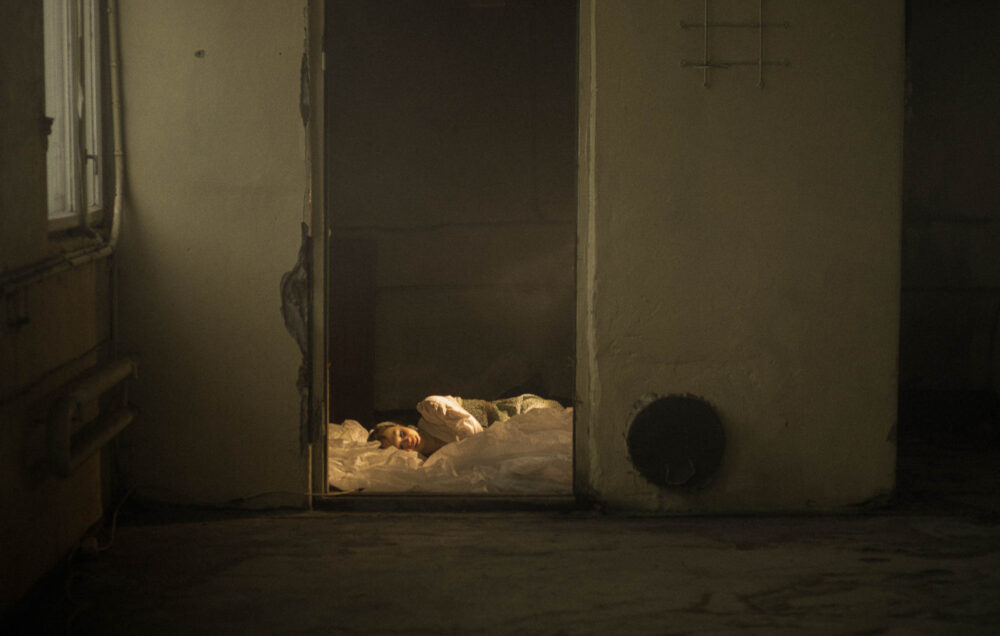
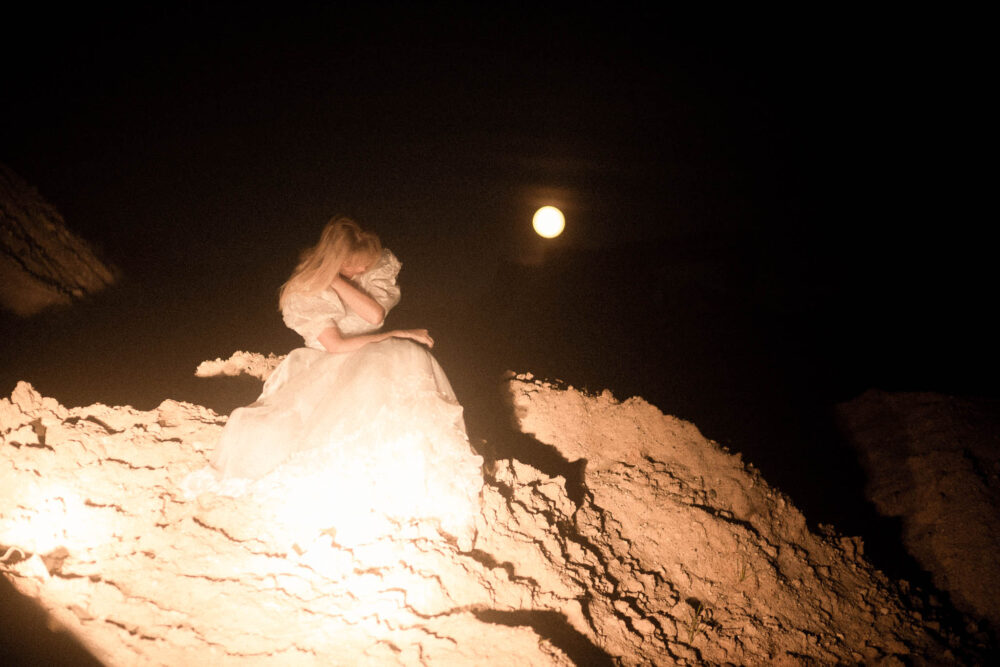
Things are good now, and I’d say I am grounded in my body, with dissociation being a rare, everyday sort of occurrence. It’s sad to recall those feelings—I feel sorry for myself back then, at 17 years old. For me, dissociation is most often linked to trigger situations—times when I tend to “disappear from the chat.” But, as I mentioned, I’ve worked on this deliberately, and I’ve managed to hold onto the metaphorical balloon instead of suddenly realising much later that it’s gone.
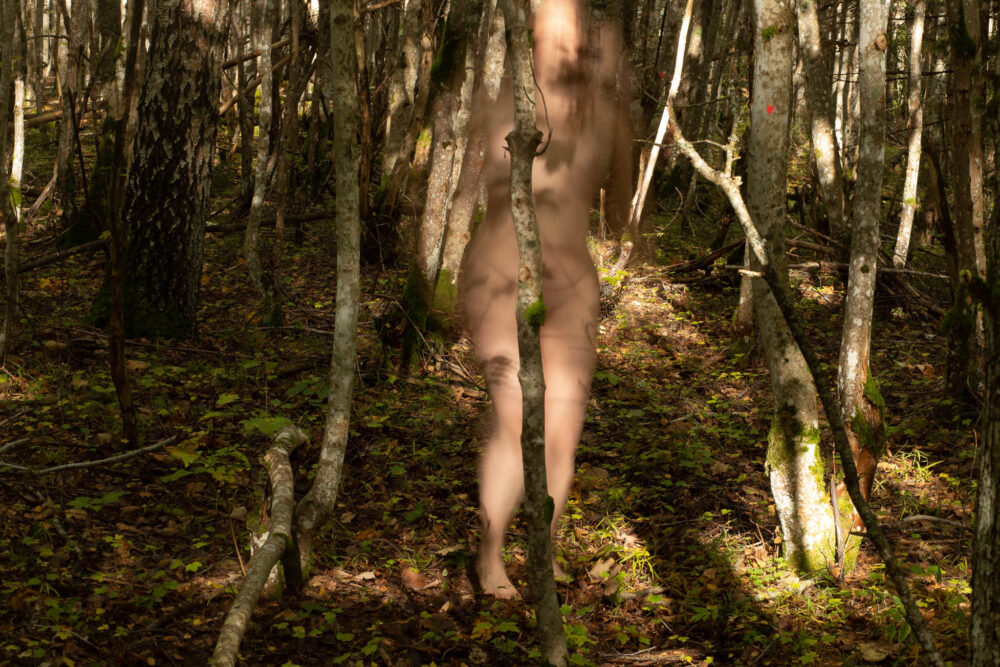
***
Sometimes I notice I’m dissociating when my dog is lying next to me, and I realise I can’t feel him—I can’t sense this wonderful creature by my side. I also know that at times, I don’t even recognise that I’m dissociating. This is one of the main reasons for my amnesia. I don’t remember entire conversations or events that just happened.

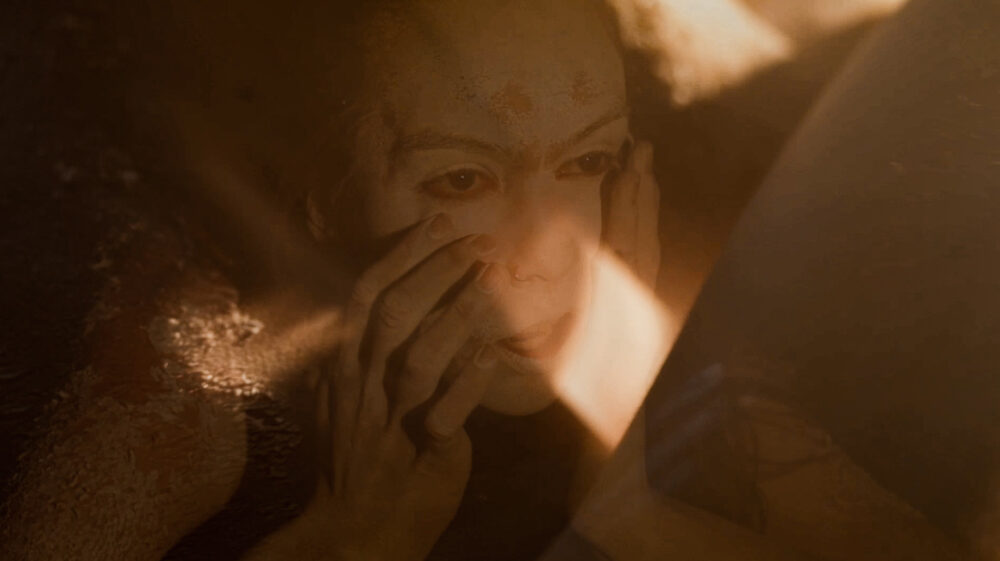
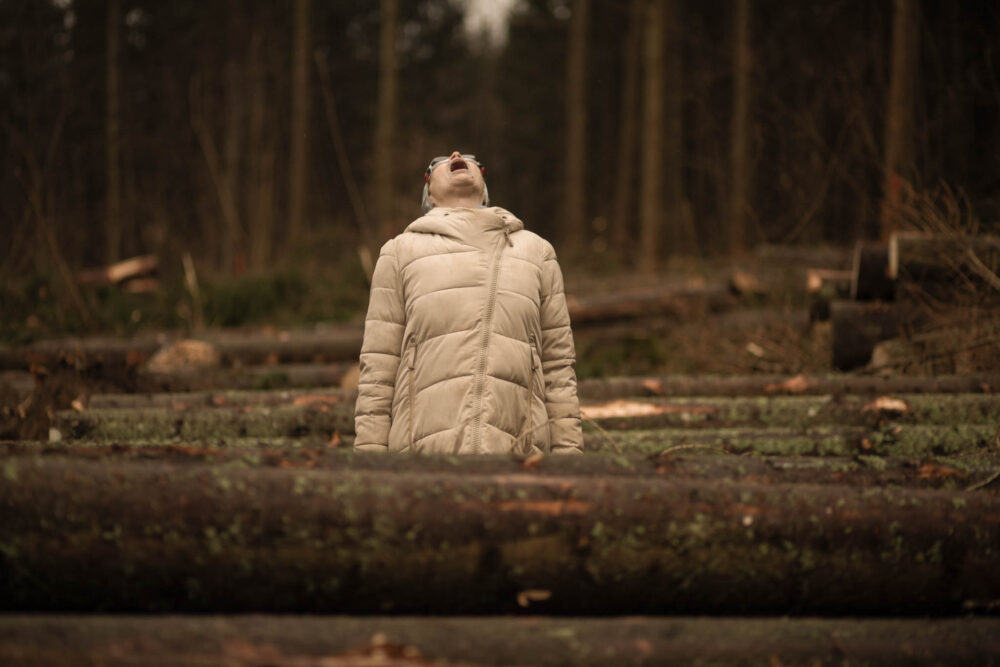
***
There have been moments on public transport when an intense feeling arises in my body, but mostly in my head. I’ve even gotten off the transport because I suddenly lose all information—I can’t remember where I live or where I’m supposed to go. I can’t very well ask passersby to help me remember where I live. These episodes are usually short but very frightening and intense because, at that moment, you’re not only dissociated from your surroundings but also from your mind and even your core memories—your name and where you live. Looking back now, I understand that these episodes were the result of various traumatic experiences, overload, and stress that are hard to cope with at 17–19 years old. Especially if you have no idea what’s happening to you and have never experienced it before.
In such episodes, the “present” feels unbearably overwhelming, and your psyche, as if trying to protect you, separates you from your surroundings and places you in a sort of vacuum bag. You see everything as if through a plastic filter and often only become aware of this much later.
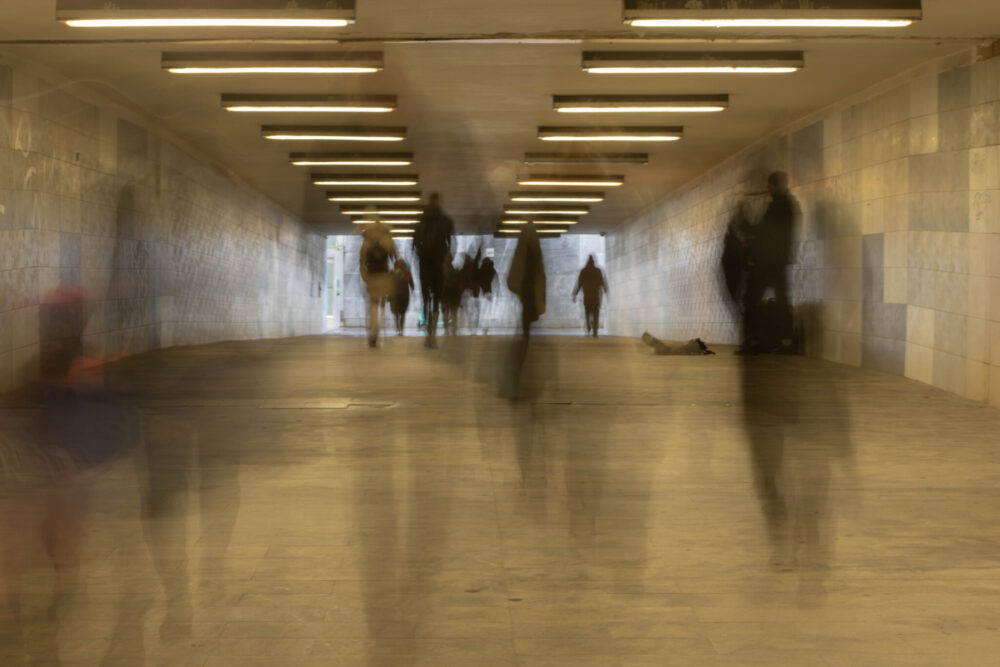
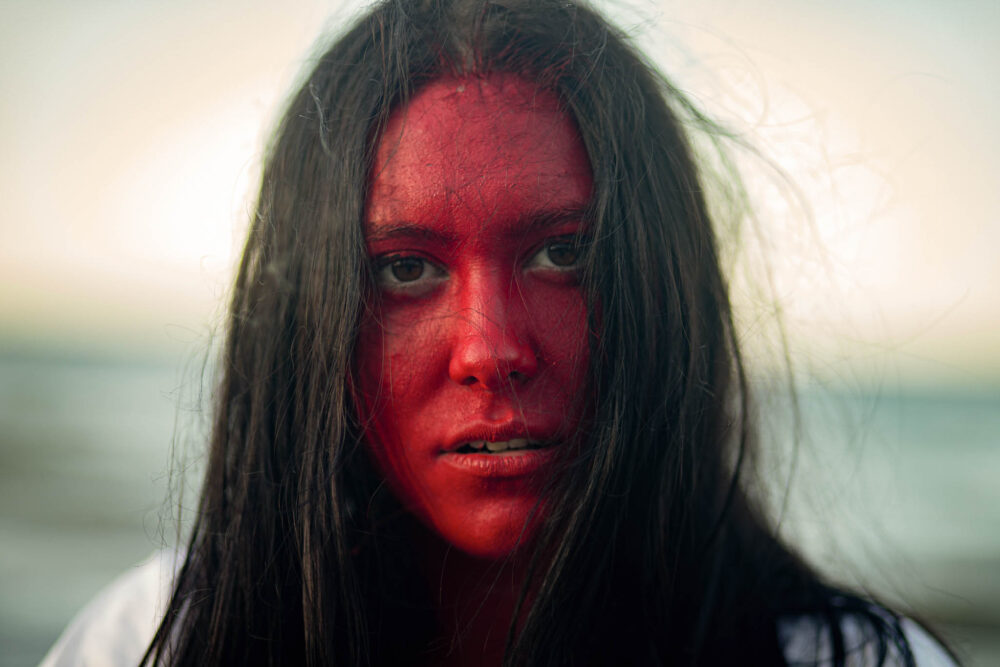
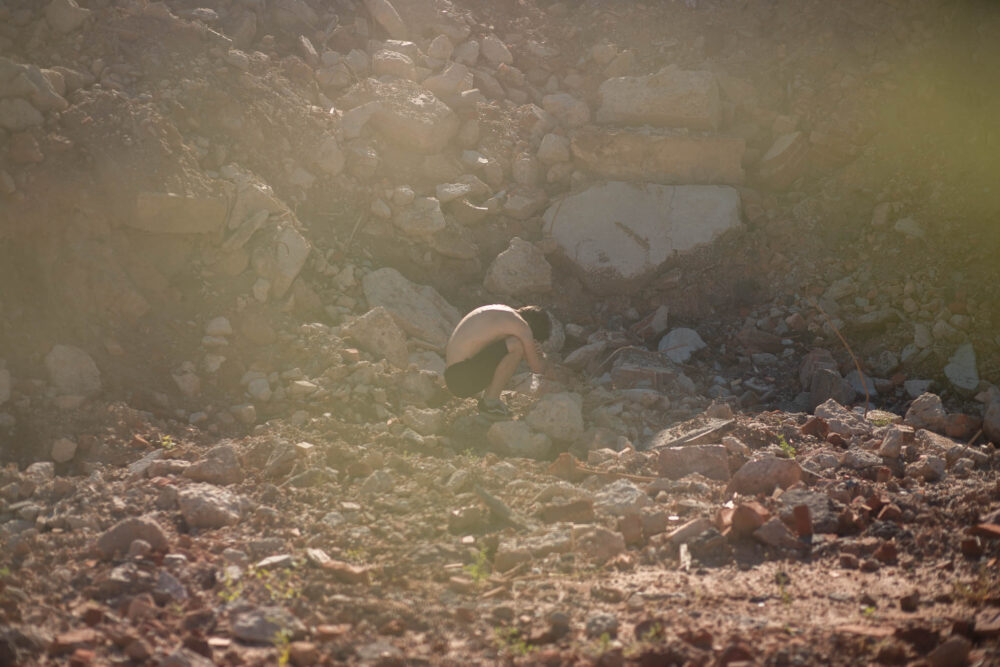
Laima Skrīvele (1999) graduated from Janis Rozentāls Art High School with a specialisation in photo design. She is currently studying art pedagogy at the Latvian Academy of Arts and simultaneously works at Limbaži Art School and London Gates Riga, teaching drawing, photography, painting, composition, and the language of art. This work was created as part of the FK Photo Story programme, launched by the magazine in 2024 to support the creative work of Latvian photographers.

